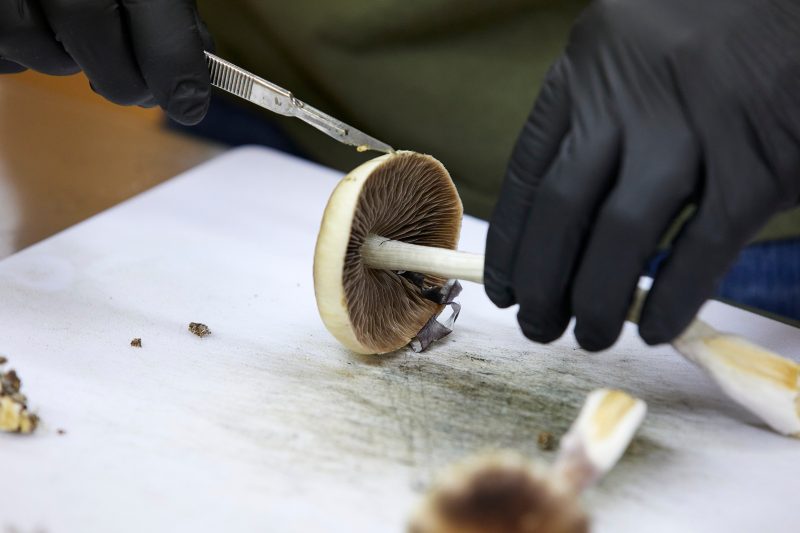Body:
The United States Department of Veterans Affairs (VA) has been exploring innovative approaches to address the pressing issue of post-traumatic stress disorder (PTSD) among military veterans. In a surprising move, the VA is considering the use of psychedelic drugs as a potential treatment option for PTSD. This revolutionary approach has generated both excitement and skepticism within the medical and veteran communities.
The idea of using psychedelic drugs, such as MDMA (commonly known as ecstasy) and psilocybin (found in magic mushrooms), to combat mental health conditions may seem unorthodox, given the historical stigma associated with such substances. However, recent research has shown promising results, suggesting that these substances could be effective in treating PTSD.
Studies conducted on MDMA-assisted psychotherapy have shown significant improvements in PTSD symptoms among participants, including reductions in anxiety and depression. MDMA has been found to enhance therapy sessions by increasing feelings of empathy, trust, and emotional openness, which can help individuals confront and process traumatic memories.
Similarly, psilocybin has also demonstrated potential in addressing mental health disorders. In a landmark study conducted at Johns Hopkins University, psilocybin-assisted psychotherapy resulted in substantial reductions in depression and anxiety among cancer patients. This study raised interest in exploring psilocybin as a treatment option for other mental health conditions, including PTSD.
While the therapeutic use of psychedelic drugs shows promise, there are legitimate concerns surrounding safety and long-term effects. Critics argue that the potential risks associated with these drugs are too high, especially considering their classification as Schedule I substances due to their potential for abuse. However, proponents of psychedelic-assisted therapy emphasize that when used in controlled settings with proper medical guidance, the risks can be mitigated.
To address these concerns, the Multidisciplinary Association for Psychedelic Studies (MAPS) has been conducting rigorous clinical trials to assess the safety and efficacy of MDMA-assisted psychotherapy. These studies, involving veterans and first responders, aim to determine whether this approach can provide lasting relief from PTSD symptoms.
If the VA decides to incorporate psychedelic-assisted therapy into its treatment options, several challenges lie ahead. The logistics of implementation, including training therapists and establishing protocols, will need to be carefully considered. The legal and regulatory landscape surrounding psychedelic drugs will also need to be navigated, as they are currently classified as illegal substances in most countries.
Despite these hurdles, the potential benefits of psychedelic-assisted therapy cannot be ignored. With current treatment options often falling short in achieving significant and sustained relief for veterans suffering from PTSD, embracing innovative approaches may be crucial in transforming their lives.
In conclusion, the VA’s consideration of using psychedelic drugs to combat PTSD among veterans marks an exciting shift in the approach to mental health treatment. With promising results from initial studies, these substances could potentially offer a new avenue for healing for those suffering from the debilitating effects of PTSD. However, cautious optimism and further research are necessary to address safety concerns and ensure effective implementation. By exploring the potential of psychedelic-assisted therapy, the VA demonstrates a commitment to finding novel solutions and improving the lives of those who have sacrificed so much for their country.



























